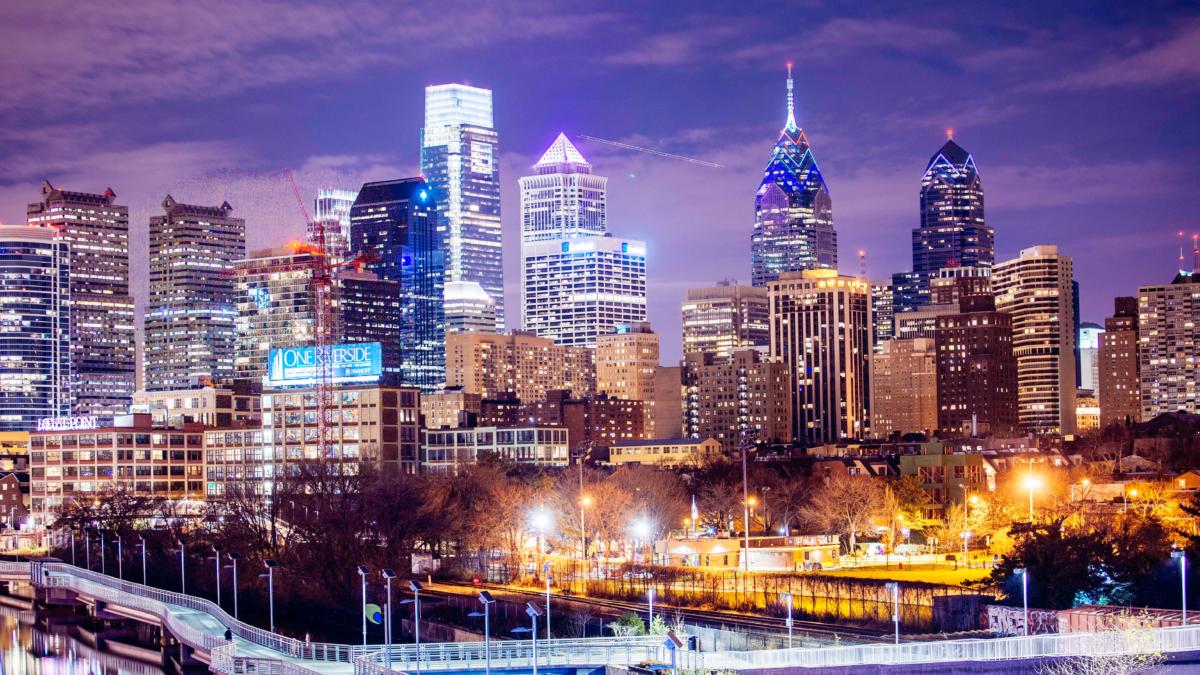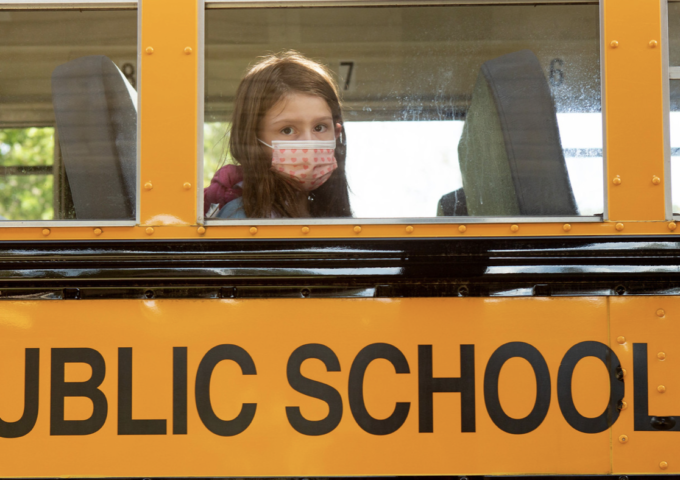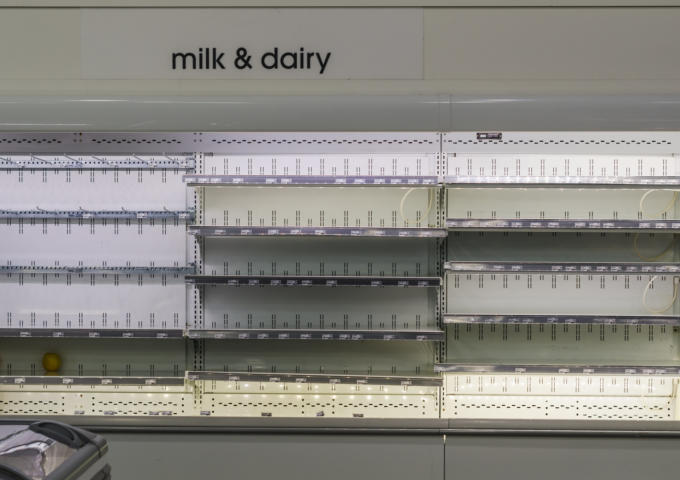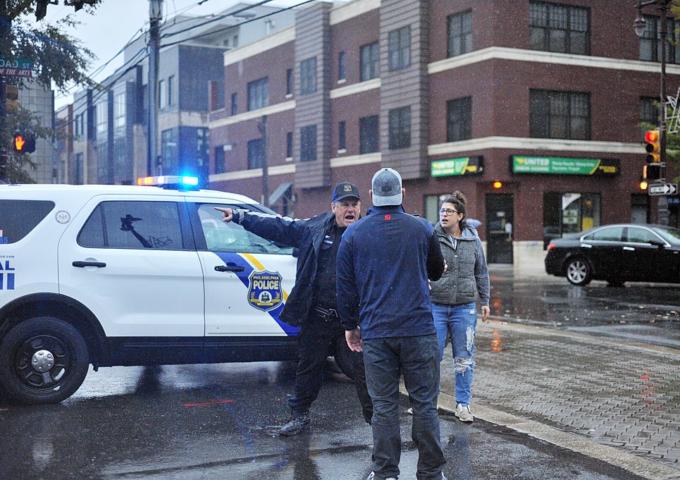Reflecting on Labor Days past for Philadelphia’s future
Labor Day is more than just a day off. On that day, we recognize the roots of the labor movement – fighting for job site safety, a strong middle class, livable wages, affordable health care, a voice at work, and retirement with dignity. These are what the labor movement has always fought for. And the fight goes on, especially during these difficult days when so many Americans are facing extreme challenges because of the pandemic.
As COVID-19 shut down construction sites and put thousands out of work across Philadelphia, my fellow labor leaders and I worried about how to get our members back to work safely and healthily. To ensure our members were getting back to work with their health and safety top and mind, our union developed construction industry-focused COVID-19 safety awareness protocols; they were the first approved COVID-19 construction safety training program in the City of Philadelphia.
Labor Day gives us the opportunity to remind us all of what’s important for workers and for America, especially at this time. A voice at work has made all the difference for union workers who can speak up without fear of reprisal and seek more protections against the spread of COVID-19. A 2018 MIT study found that 93 percent of American workers want a say on job safety. People at non-union workplaces live in fear if they complain or otherwise raise issues about unsafe or unhealthy work environments. A crisis like this only highlights the divide between workers who have a voice on the job site and those who don’t.
Unions hold companies accountable. They ensure that people get paid for the work they do and that their pay is at least a liveable wage, that workers have safe and healthy work environments, that workers get access to sufficient PPE and other protections, and that they can voice grievances without facing retaliation. Unions give workers the freedom to speak up to improve working conditions, which is good not just for workers but also for employers.
And unions give back. We help communities where we live and work because we believe it’s the right thing to do. After a North Philadelphia neighborhood was riddled with bullets during a standoff a year ago between police and a barricaded gunman, our union provided free repairs for residents whose windows, roofs and front doors were damaged. Since the beginning of the COVID-19 crisis, we’ve conducted several blood drives. We provide scholarships for children of our members. We partner with community and faith-based groups, school districts and vocational focused organizations to show that a career with great wages and industry-leading benefits is possible without spending thousands on a degree. With a union, a path to the middle class is possible.
We are facing tough times, in our city and across the world – COVID-19, economic strife, partisan divides. It’s also election season, when politicians on both sides will try to appeal to working people. Unions fight for what working families and communities need, and we need people in seats of power who will work with us to make our society equitable. We are fighting for a fair playing field for all Americans at work, fighting for economic policies that help everyone – not just the wealthy, and fighting for civil rights for all – not some. Finally, we fight the underground economy that cheats the City of Philadelphia and all levels of government including the social security system, straining resources established to support working Americans.
Don’t view Labor Day as only a day off from work or school. Think about what’s important, what our future can and should be, and what we can do to ensure workers across this nation are given the respect and dignity we deserve.
– Joe Ashdale is the Business Manager/Secretary-Treasurer of IUPAT District Council 21.
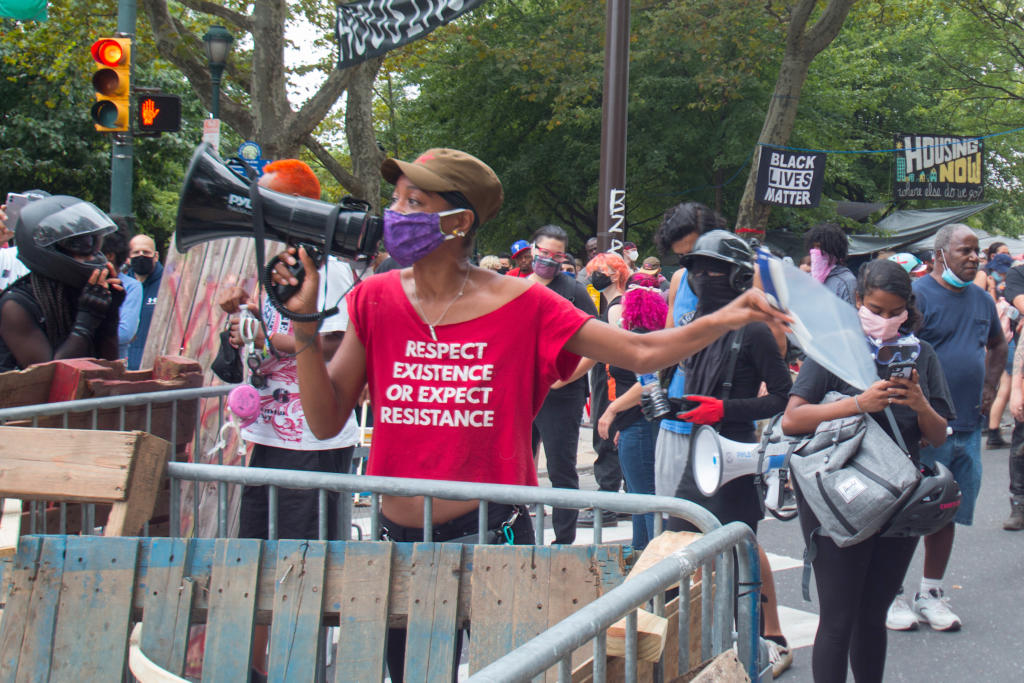
The SHOUT Out
The city has notified homeless encampment members to leave the camps three times. But, as of early this week, they were still there.
Your turn: Should the city move the homeless out of the camps, or should they be allowed to stay? Send your thoughts to voices@philadelphiaweekly.com
Reduce greenhouse gas emissions
As a Philadelphia resident with friends in the city and across the state, I personally know many people with health problems as a result of poor air quality. Pennsylvania is a major producer of greenhouse gas emissions, and something needs to be done to help improve the health of its residents and the health of our environment.
Pennsylvania is in the process of trying to join the Regional Greenhouse Gas Initiative (RGGI). Unfortunately, efforts by Gov. Wolf to join the Regional Greenhouse Gas Initiative are under attack. The RGGI is a program in which northeast states cap and trade pollution, in order to reduce greenhouse gas emissions.
By joining RGGI, it’s estimated that Pennsylvania could reduce its carbon pollution by 180 million tons by 2030. To date, RGGI has raised over $1.3 billion in the participating states for energy efficiency and renewable energy projects.The Regional Greenhouse Gas Initiative would improve local economies, improve the health of local residents, create thousands of new jobs, and help curve greenhouse gas emissions.
We need help from local officials across the state to help gain support in order for PA to become a member of the RGGI. Thank you, Sen. Williams, for your continued support, and for voting “no” on HB2025 recently, a bill that would prevent our state from joining this climate program.
– Michael McAmis | Philadelphia
Fight poverty by expanding education
I am a local college student who attends Villanova University. Currently, I am a marketing intern at the Borgen Project, a nonprofit organization that is aimed to resolve poverty among impoverished areas around the world. There are various factors that make up global poverty. One significant aspect is the lack of education in an area that hinders progression towards a more sustainable and suitable community.
There are currently more than 130 million females who are not enrolled in any form of education. Within impoverished countries, girls from the ages of 10 through 19 are more likely than boys to be kept out of school. In essence, when these girls reach the state of adulthood, their lives are jeopardized as they are forced to drop out due to many components of family pressure such as marriage, and being a housewife.
To resolve this conflict, the Keeping Girls In School Act needs to be cosponsored. This act allows for the increase of educational opportunities, and economic security. However, to bring light into these conflicts, we need to reach out to higher authority, our senators and representatives to act on policy changes. I urge Sens. Bob Casey Jr. and Pat Toomey, and Representative Conor Lamb to co-sponsor the Keeping Girls In School Act.
– Jawad Bhuiyan | Philadelphia
